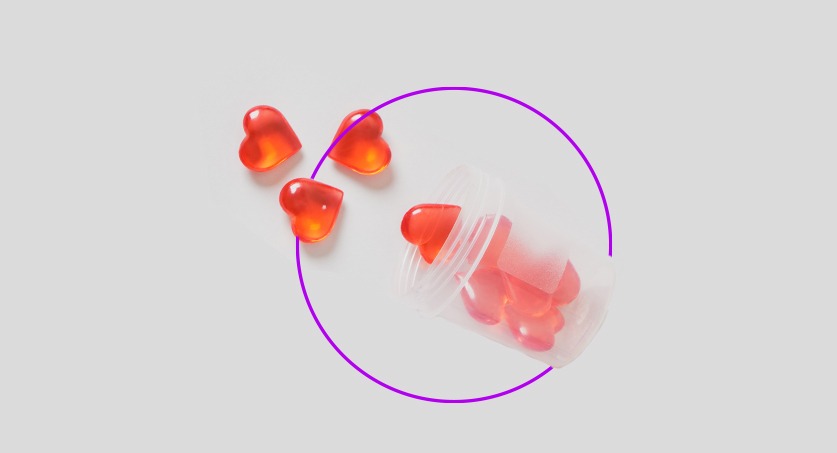
Why become an Egg Donor?
Helping someone experience the miracle of life by becoming an egg donor is an extraordinary feeling. Along with the knowledge that you are providing an invaluable gift, egg donors are also compensated for their time and commitment so as to further academic and personal goals.
Benefits include:
- Financial compensation
- Extensive complimentary physical, reproductive, and psychological
screening
- Reproductive assessment for personal future family-building
- Feel-good fulfillment
Concerns:
Before committing to being an egg donor, it’s natural to have concerns about the egg donation process, especially if you are unfamiliar with Assisted Reproduction Technology (ART). No increased risk of birth defects, congenital abnormalities or spontaneous miscarriages have been associated with the use of donor medications or any definitive links between egg donation and cancer. While
nothing is ever certain, egg donation has been performed for almost 30 years and donor medications are commonly used by thousands of women each day.
Screening & Matching
Egg Donor Requirements
- Must be between the ages of 20 and 27 years old
- Must be in good health, physically and emotionally
- Must have a BMI between 19 and 25 (being overweight or underweight can
affect egg quality)
- Must not have smoked cigarettes in the past 12 months
- Must have regular monthly menstrual cycles
- Must be willing to undergo a thorough medical and psychological evaluation
- Must be willing to take injectable medication
- Must be free from sexually transmitted diseases
- Must have no prior history of drug use
Once you’ve committed to donation and have affiliated with a fertility clinic or surrogacy agency, you will be matched with intended parents needing your help. Your agency or clinic should provide you with IVF training, in advance of program start, as well as a legal agreement outlining all parties’ responsibilities so you are aware of what to expect.
Before starting the donation process, you will need to undergo a pelvic exam, blood draw (to check hormone levels, infectious diseases, and requested genetic testing), and an ultrasound to assess your ovaries. Your agency or clinic will also conduct a psychological evaluation with a certified specialist to determine if you’re mentally and emotionally prepared to be an egg donor.
The 4 Phases of the Egg Donation Process
A) Regulation: Birth control pills are administered to regulate the menstrual cycle.
B) Stimulation: Egg donors are given follicle-stimulating hormone injections that increase the number of mature eggs the body produces. FSH injections are similar to natural hormones and are administered once daily, just under the skin, for a
period of 10-12 days. Donors are monitored by their fertility clinic during this time; blood testing and an ultrasound exam will determine the body’s response, and if follicles are mature, an exact date for egg retrieval can be confirmed.
C) Retrieval: This process is minimally invasive and requires a light general anesthetic. This is a very safe procedure and takes about half an hour. A small needle is guided, by ultrasound, through the upper part of the vagina and into the ovary. A gentle suction technique is used to remove eggs and fluids.
D) Recovery: There may be some slight cramping or soreness for a few days following retrieval. A few hours rest in the recovery room is recommended but normal daily activities are usually resumed the same day.
For more information on Be Parent’s rewarding egg donation program please reach out via our website application form and a member of our team will contact you regarding the next steps to our initiation process.